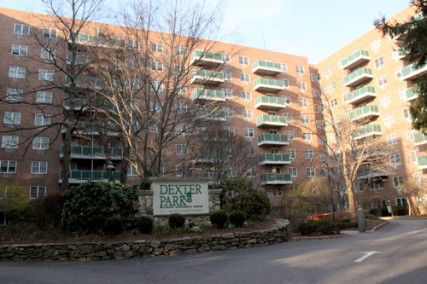
Although students said the cost of living at Boston University combined with food, furniture and other fixings is too high, officials said the school’s location may be worth the price.
“It’s an expensive proposition to live in the city,” said BU spokesman Colin Riley. “There’s a benefit of living in university housing. You’re close to the core and academics. Students who live in university housing tend to do better academically.”
The cost for basic room and board at BU increased by $480 for the upcoming academic year, raising the price to $13,190, according to a tuition announcement BU President Robert Brown emailed to students. He called the increase one of the lowest BU has implemented in the past 40 years.
“We work hard to keep our costs low,” Riley said. “Costs are essentially just the costs of operative facilities, passed on to the students.”
Some students said they understand the university’s approach to pricing.
“You’re living in the city. It’s going to be more expensive,” said BU College of Arts and Sciences junior Bianey Ramirez, who lives in the Harriet E. Richards Cooperative House on Bay State Road.
The HER house, which is not officially affiliated with the university, provides a low-cost housing alternative to female undergraduates at BU, according to its website.
But students said the cost for BU housing – city or no city – is daunting. Many Terriers choose to live off campus instead, flocking to apartments on Beacon Street or in Allston in search for better deals.
“We can spend $10,000 on an apartment in total or $10,000 on a small room in Warren while a roommate also pays $10,000 to share the same small room,” said Richard Hayes, a CAS alumnus who graduated in December.
Despite the financial reasons to move off campus, Hayes said living on campus provides a better social life.
“You always have a central location to meet up and you’re in the heart of everything,” he said.
Riley said since the cost of living is high in Boston, the cost of student housing also tends to be high.
“This is unfortunately what the market is,” he said. “I’ll leave it up to the students to be the judge of how affordable it is.”
Though some BU students complain about the high costs of housing, other local colleges charge similar rates.
Wheelock College’s housing costs are within a few hundred dollars of BU’s rates – in the 2011-2012 academic year, Wheelock charged students about $12,370, which is about $340 less than what BU charged during the same year, according to the schools’ websites.
Wheelock tries to keep costs low by collaborating on initiatives with other colleges, said Vice President and CEO Anne Marie Martorana.
In addition to the rising cost of housing, Martorana said, the school’s efforts to keep up with changing technology becomes expensive as well.
“The expectations for the college’s services are very high too. The cost of keeping up with technology is amazing right now. We have to keep up with what the students want,” Martorana said, adding that despite the prices, “a lot of students want to be here, close to everything.”
Suffolk University housing costs per academic year tend to be about $2,000 more than BU’s, according to the universities’ websites.
Suffolk spokesman Greg Gatlin said the university’s location in one of the city’s most expensive real estate markets drives the school’s housing prices up.
“One of the great things about Suffolk University is our location . . .. We are located very centrally in downtown Boston,” he said. “One of the things that comes along with the great downtown location is high real estate costs – including housing.”
Despite the necessary costs, Suffolk has tried to keep prices as low as possible for students and their families, Gatlin said, adding that its housing costs have not increased in two years.


















































































































